R U OK? Day was held earlier this month, a powerful reminder to check in on those around us. But mental health shouldn’t be, and isn’t, a once-a-year conversation. So, what are the early signs of depression and when should you see a GP? Common early signs include persistent low mood, tiredness, loss of interest […]
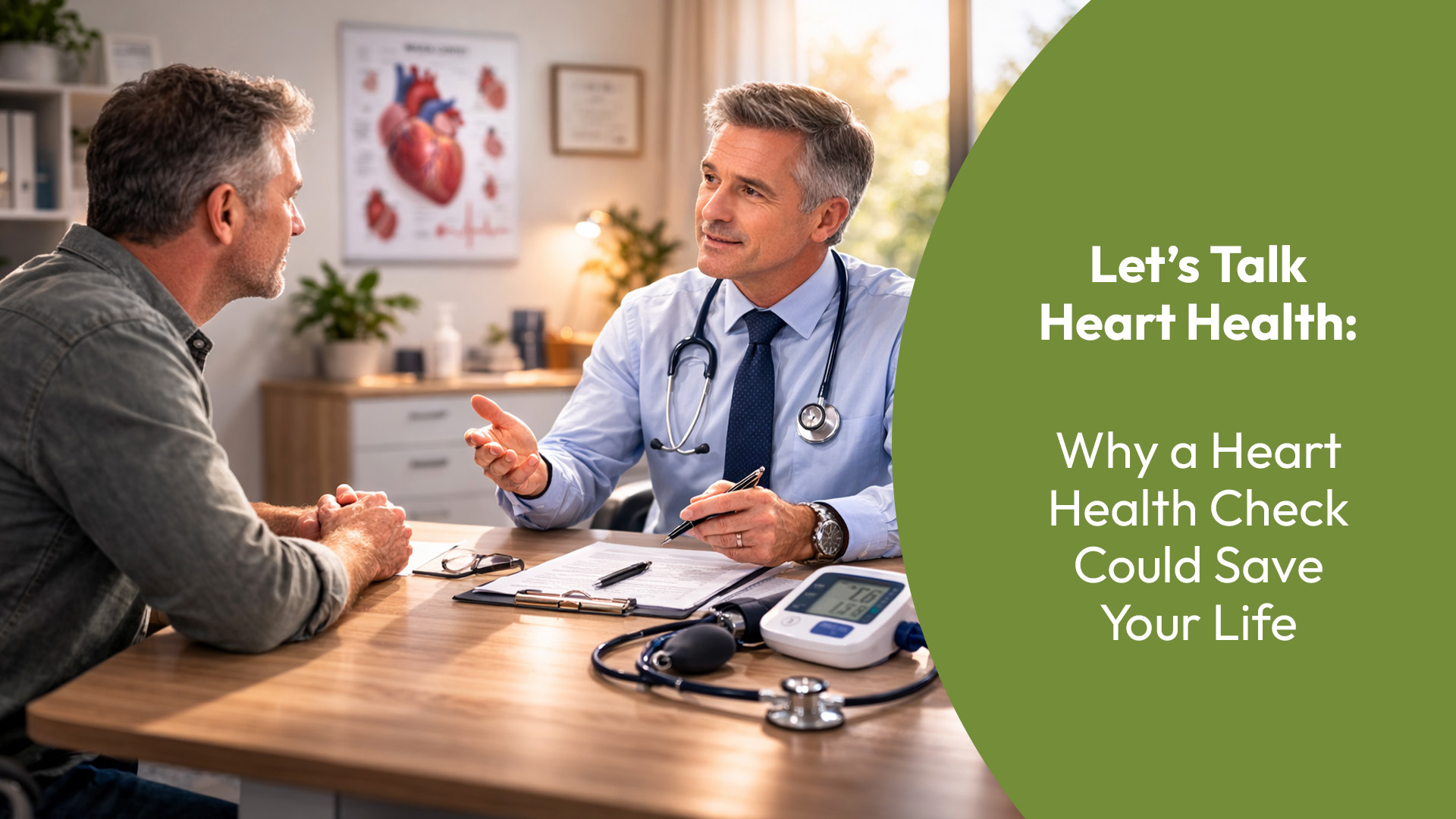
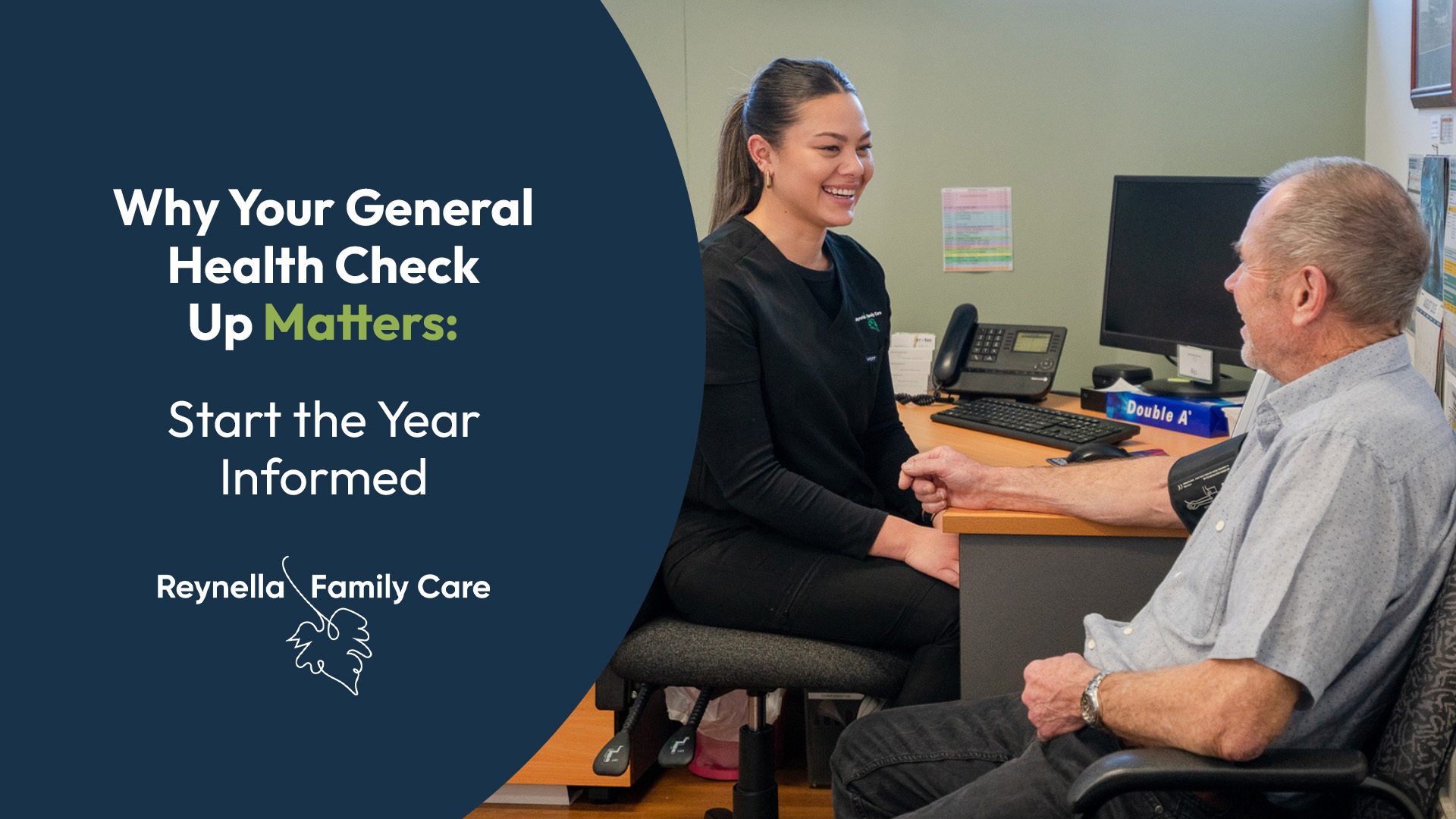
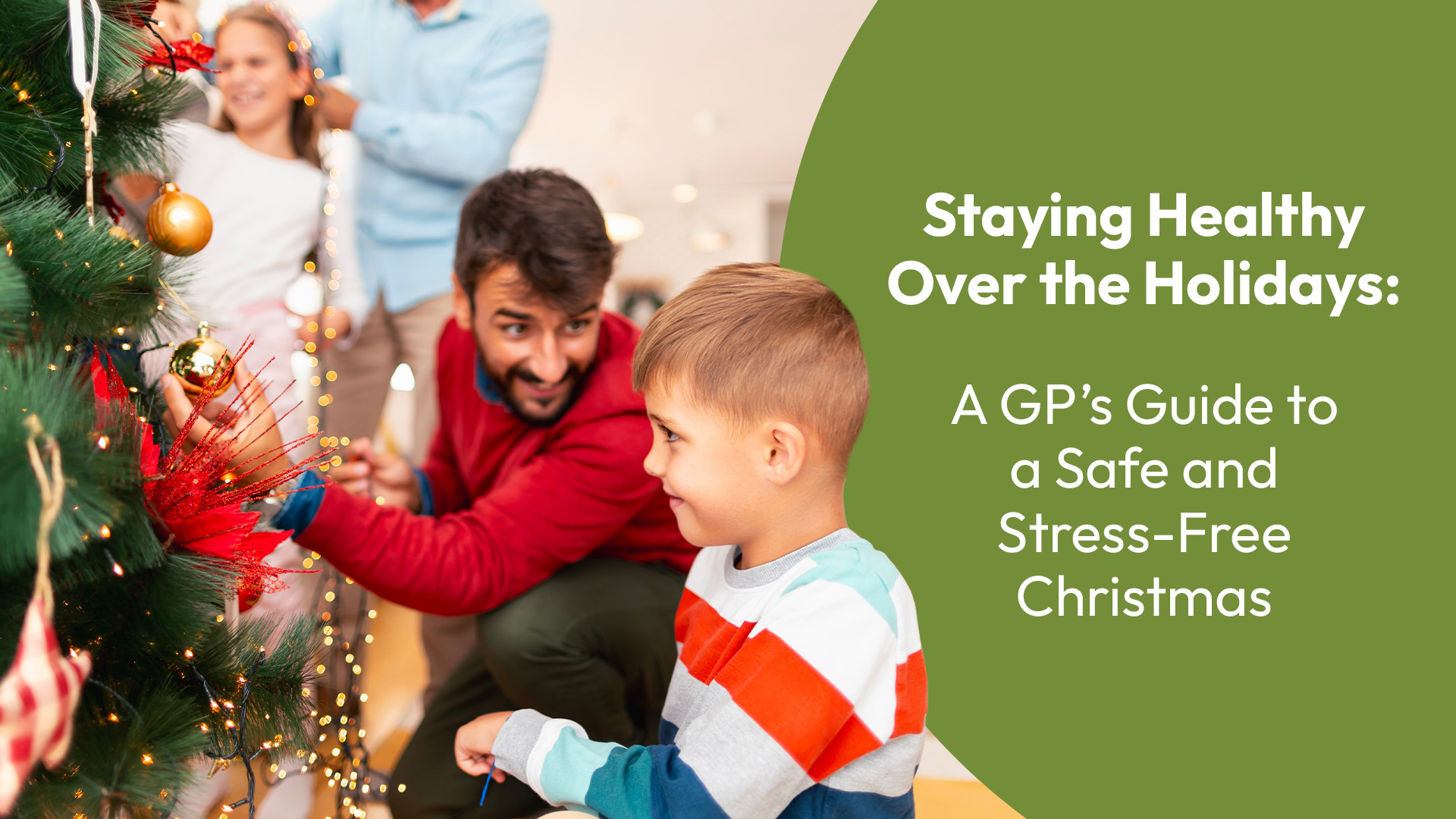
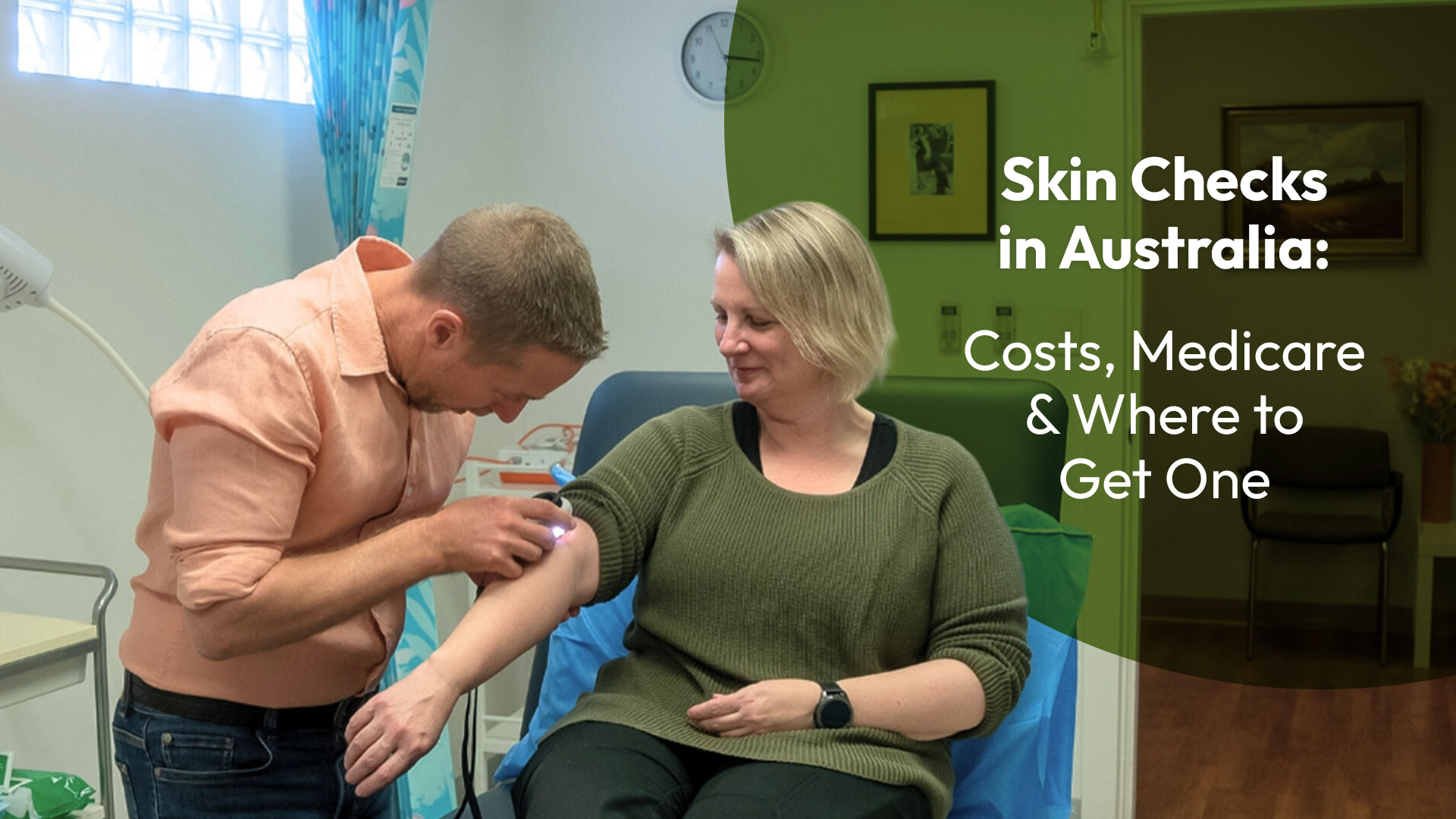
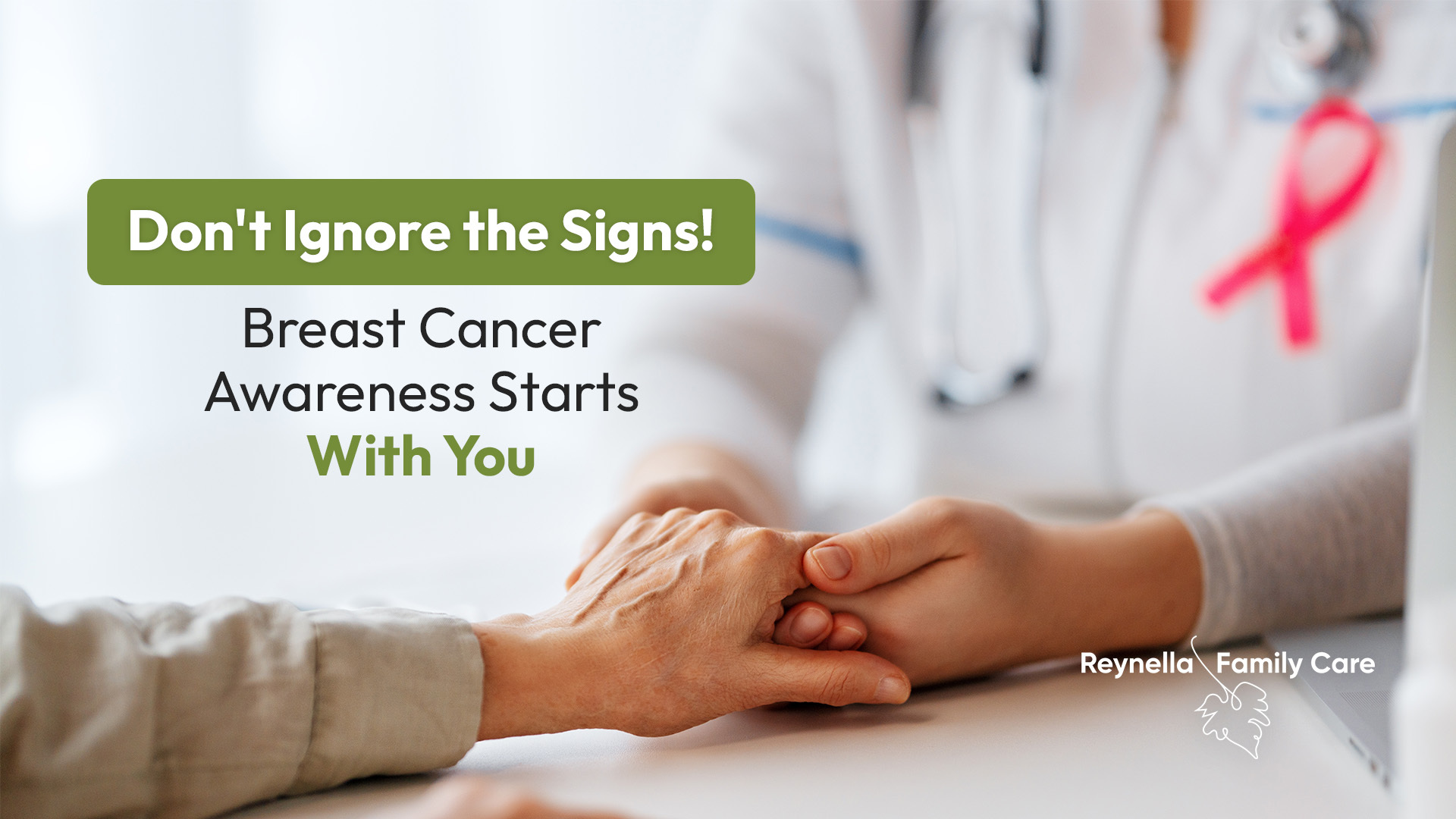

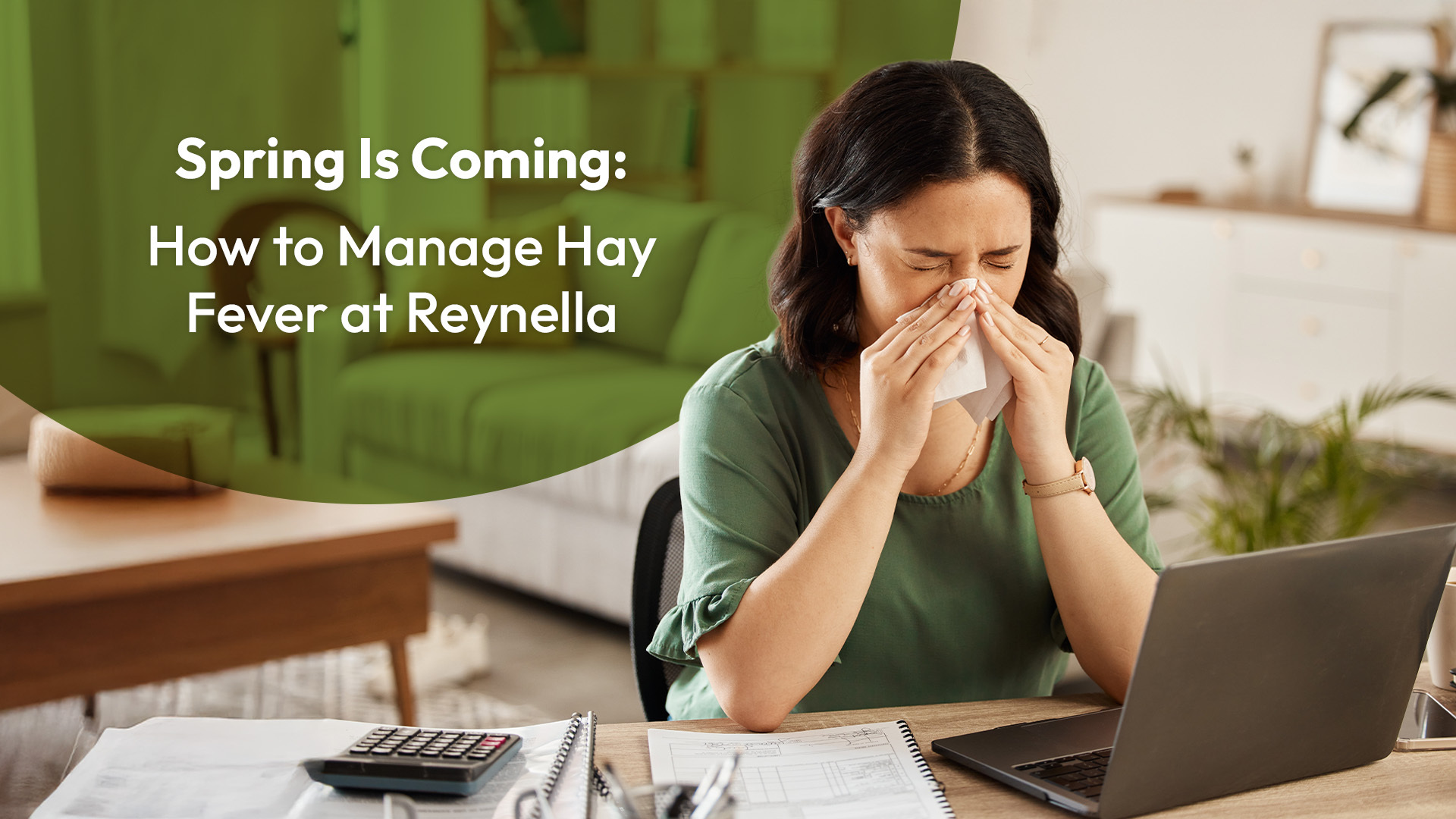






R U OK? Day was held earlier this month, a powerful reminder to check in on those around us. But mental health shouldn’t be, and isn’t, a once-a-year conversation.
So, what are the early signs of depression and when should you see a GP?
Common early signs include persistent low mood, tiredness, loss of interest in activities, and emotional withdrawal. If these symptoms last more than two weeks, in yourself or someone you care about, it’s time to speak to a GP.
While everyone feels low from time to time, depression can develop slowly and silently. Feeling persistently flat, tired or disconnected without a clear reason isn’t normal, but it’s not uncommon. Recognising the signs early and knowing when to talk to your GP can make a real difference in getting the right support.
In this blog, we’ll break down the most common early signs of depression, when to seek help, and how your GP can support you through the process.
The early signs of depression can look different for everyone, but some symptoms tend to appear before the condition becomes more serious.
These signs may include:
These symptoms may come on gradually, which can make them hard to notice at first. If you’re experiencing any combination of these signs for more than two weeks, it’s a good idea to talk to your GP.
Many people delay seeking help because they think what they’re feeling is “just stress” or that it will go away on its own. But spotting the early signs of depression and acting on them early can lead to faster recovery, fewer complications, and better long-term outcomes.
Your GP can assess your symptoms, rule out other causes (like thyroid or vitamin deficiencies), and work with you on a ‘Mental Health Care Plan’ which may include up to 10 Medicare-subsidised psychology sessions per year for eligible patients under medicare.
R U OK? Day, held earlier this month, was a powerful national reminder to check in with those around us. But mental health doesn’t follow a calendar, support and awareness need to be part of everyday life.
If you’re not quite sure how to start a conversation with someone you’re worried about, this guide from R U OK? offers simple, practical advice on how to approach the topic with care and confidence.
Your local GP is often the best starting point for managing your mental health. At Reynella Family Care, our GPs are experienced in supporting patients who may be dealing with stress, anxiety, or the early signs of depression.
Here’s how your GP can support you:
If you’re unsure whether your symptoms are worth mentioning, we encourage you to reach out anyway, it’s better to check in early than wait until things worsen.
It’s common to mistake burnout or chronic stress for depression. While the symptoms can overlap, depression is a clinical condition that doesn’t necessarily improve with rest or time off.
If you’re feeling mentally and physically drained but aren’t sure what’s behind it, your GP can help clarify what’s going on and guide you towards the right care.
While your GP should be your first point of contact, there are also several national and local services available for urgent or additional support including:
If any of this sounds familiar, whether it’s happening to you or someone you care about, please don’t ignore it. The early signs of depression are easier to manage with the right support in place.
At Reynella Family Care, our GPs are here to listen, support, and help you access the care you need. We’re committed to providing respectful, compassionate care that meets you where you are – no judgment, no pressure.
If you’ve noticed changes in your mood, energy or wellbeing, book a confidential GP appointment with Reynella Family Care today. Early help makes a difference and we’re here when you’re ready.
👉 Book your appointment now or call the clinic to speak with our friendly team.